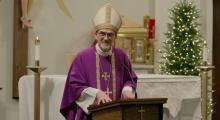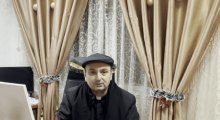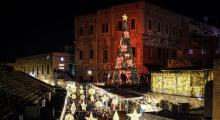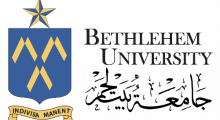Issued by the Catholic Center for Studies and Media - Jordan. Editor-in-chief Fr. Rif'at Bader - موقع أبونا abouna.org
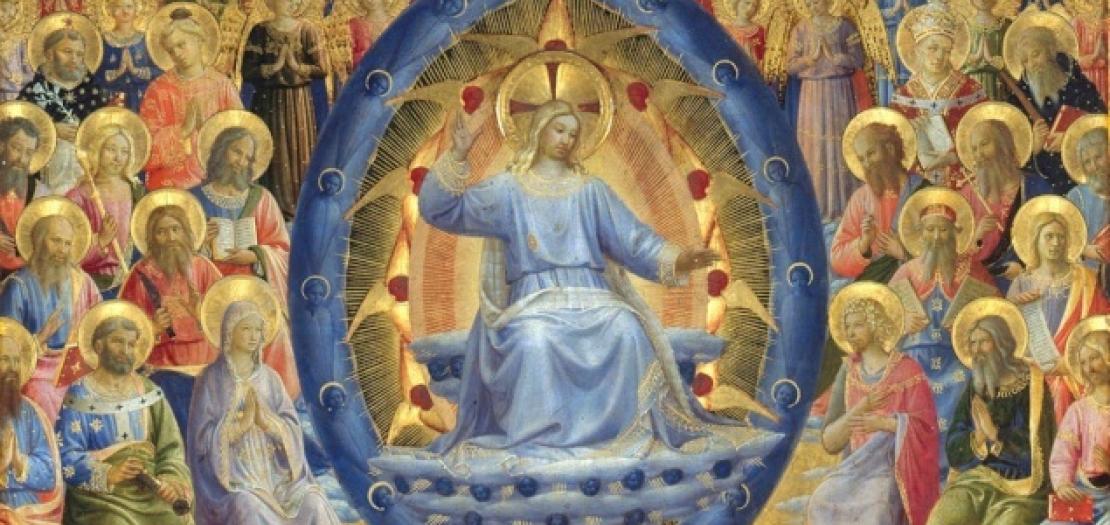
Following is the text of the meditation by Latin Patriarch of Jerusalem His Beatitude Pierbattista Pizzaballa marking the first Sunday of Advent, November 27, 2022:
Today we begin a new Liturgical Year, in which we will be accompanied by the reading of the Gospel according to Saint Matthew.
On this first Sunday of Advent, the Gospel passage (Matthew 24:37-44) is taken from chapter 24, which, together with 25, recounts the final five discourses that the evangelist brings together in its account. It deals with the “eschatological” discourse. in the face of the dramatic events that are to happen, Jesus warns his disciples to be vigilant and to know how to live through history without clinging to anything, except to the certainty of the Lord’s return.
How certain it is that the Lord will return, is just as certain that no one can know the time. Today’s passage is preceded by a verse (Matthew 24:36), wherein Jesus affirms that only the Father knows the time of the fulfillment of history. The same concept concludes the passage (Mt 24:44), putting together an inclusion and offering and thereby giving the key to the reading. The Son of Man comes, but in a manner and time that no one knows. For this reason, we must be prepared for His coming, at any time.
The important thing, however, is not knowing the time by rather being vigilant, knowing how to wait.
It seems instead that the great risk is that of forgetting the truth. Jesus gives an example of rethinking and rereading the event of the Flood. Noah’s contemporaries are described as being intent on normal things of life: eating, drinking, getting married (Matthew 24:38). They are not doing anything bad, evidently, but they are doing only this. They are intent on doing these things as if life was only this, as if there was nothing else, so they do not notice (Mt 24:39) that there is something else was happening instead.
This is the case for the Lord’s return (Matthew 24:39).
And here Jesus is yet more explicit when He says that two men will be in a field, and one will be taken and the other left. Two women will be grinding, one will be taken and the other will be left (Matthew 24:40-41). To say that they were doing the same thing, not different things, things that could justify a different judgment. It is not that one was doing a bad thing, nor worse than the other.
But one of the two was left there because for him there was only that, life ended there, he did not expect anything else than what he was living.
So, it’s about doing the same things, the normal things in life, nothing more. But, obviously, to do them in a different way. It is a matter of doing them knowing that they are not everything, that they do not exhaust life, do not close the horizon; so, when the Lord comes, we can also leave, because life is not all there. It is about living the normal things of life as the place where the Lord comes, where he manifests himself, where he can meet him.
They are all good things, the things of life. But if life is only those, if nothing else is expected, those same things become our ruin. If nothing is lacking in what we do, if we are convinced that it is enough to do them and perhaps do them well, those same things are our death.
Today’s Gospel also warns us of the opposite excess, when it says that like a thief who goes to break into a house, he does not give notice, so also the Lord when he comes (Matthew 24.43). Why does He not warn us? Wouldn’t it be better, wouldn’t it help us to be more ready?
In reality, if we knew when the Lord came, we would stop doing the usual things, to wait for Him. We could fall into the blunder that being ready means to stop doing those things we talked about earlier, those of a normal life: eating, drink, work, get married … Instead the Lord comes right there, manifests Himself within the ordinary, within normality, within the toil of every day.
So Advent begins: a time in which to do nothing more than what we are already doing, but nothing less either. We must not stop doing the things of life, to wait for the Lord, but simply to experience them as the place of his coming, the place of our meeting with Him.
+ Pierbattista


